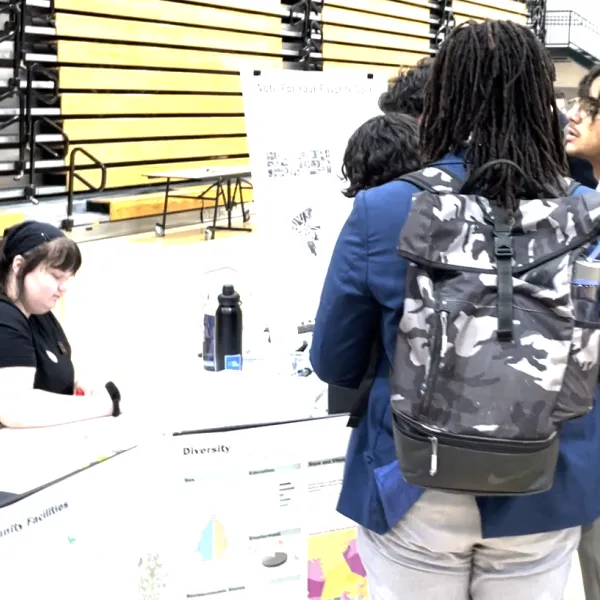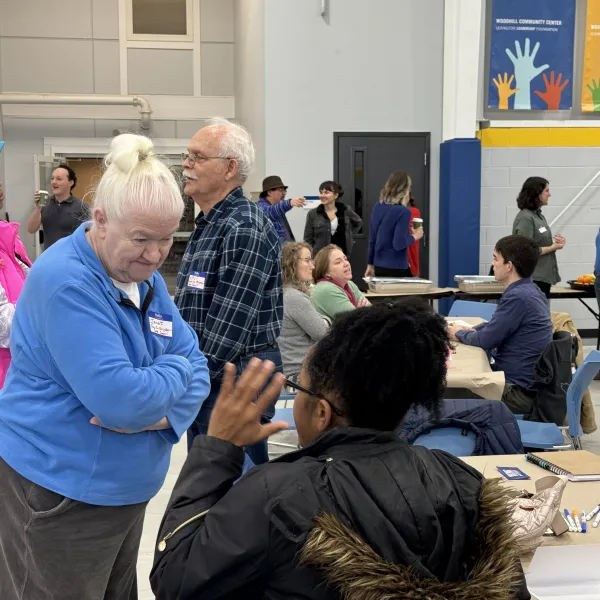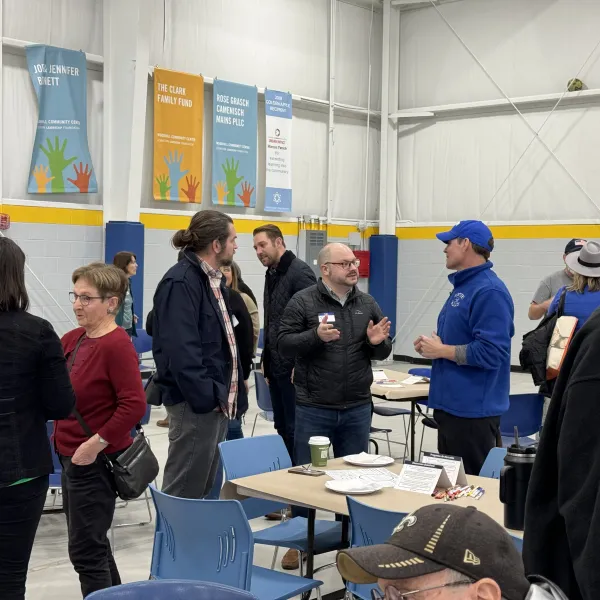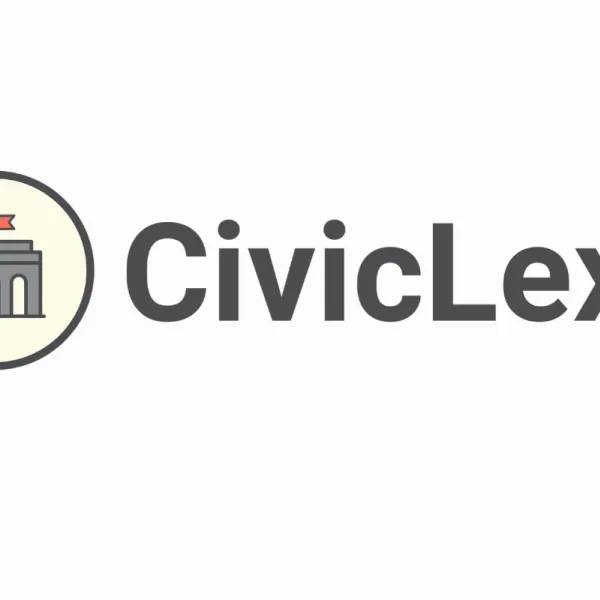CivicLex


The Action
CivicLex, a nonprofit in Lexington, Kentucky, is working independently of the city government to strengthen the community’s civic health. Unlike many democracy-focused initiatives in other cities, CivicLex brings to this effort a multifaceted approach that focuses on five core strategies:
- intergenerational civic education that helps residents of all ages understand Lexington’s civic life
- free local news and reporting that covers local government and other civic institutions
- workshops and events that bring residents together across lines of difference to learn from each other and build relationships
- projects focused on public spaces, parks, and infrastructure to make it easier for residents to meet new people and experience new parts of the community
- programs that change the ways in which the community’s civic institutions work to make resident engagement a more rewarding and meaningful experience
Taken together, these strategies form a holistic approach to building a more resilient and equitable local democracy.
The Democracy Challenge
There were significant communication gaps between city officials in Lexington and community members, particularly when it came to providing information on important local decisions. Surface-level engagement meant that residents had limited input into shaping outcomes in their communities. CivicLex focuses on increasing the strength and quality of civic engagement for residents and works continuously to build robust bridges between stakeholder groups. It offers deep participatory pathways that provide a range of transformative activities and feedback mechanisms across a range of issues.
How It Works and How They Did It
CivicLex started in 2017 as a grassroots local news and civic education website that also held events designed to bring together residents and government officials. Through events such as budget workshops, CivicLex connected residents with decision-makers in local government, equipping them with information on how to engage in important civic issues.
Over time, CivicLex staff began to get feedback from residents that even with the new relationships and information, the actual processes for engaging with local government still left community members feeling disempowered. In response to this community feedback, CivicLex began a major organizational pivot in 2019 to include an explicit focus on what it calls “civic transformation”, or projects carried out in partnership with the local government to change civic processes.
CivicLex staff members see their multifaceted approach to strengthening local democracy as essential to their goal of building a civic ethos. Individually, any one of these strategies can be beneficial for a community’s civic health, but when deployed together, they can be more powerful.
CivicLex’s Civic Education work, which takes an intergenerational approach to civic learning, is an example. This strategy involves hosting workshops and events about local government for adults and seniors while working with teachers in the public school system to engage young people in learning about local civic life.
While the education aspect alone can be meaningful, CivicLex also works to build relationships among students, teachers, and local government leaders through civic expos, externships, workshops, and much more. Building relationships not only leads to better learning outcomes, but also helps build ties to the community among students who may otherwise leave Lexington.




CivicLex brings this same approach to each element of their work. Their local news reporting work provides essential information about what is happening in local government, but it also includes in-person events that connect residents to civic news in a way that is entertaining. Their work on enhancing public spaces in Lexington includes a focus on improving policymaking about parks. Their work to bring people together across divides has led to a democratized approach to land-use planning. Other initiatives include a research project to remake city meetings, a Civic Artist-in-Residence program, and many more.
How’s It Going?
CivicLex is seeing significant improvement in civic health in Lexington. The organization has grown considerably from a small project with one part-time staff member to a team of seven. Their reach has grown alongside this increase in scale, as they have held nearly 800 city meetings, hosted hundreds of events, and directly engaged tens of thousands of Lexington residents.
CivicLex is seeing the significant impact of their work. Their K-12 Civic Education program is reshaping Fayette County Public School’s social studies programs to be more aligned with local and civic engagement opportunities. CivicLex’s local news and reporting has helped bring many more people to public meetings in Lexington, and is leading to increased resident engagement in public decision-making, as evidenced by higher levels of public comment and turnout.
Their work engaging the public in projects such as Imagine New Circle Road has led to significant changes to the city’s infrastructure and has helped spur over $30 million in investment into resident priorities. Initiatives such as the Lexington Park Equity Accelerator, On the Table, and the Public Input project have not only engaged Lexington residents in the inner workings of local government but have also led to tangible changes in engagement policies. For example, the local government has adopted an online feedback platform for policy, creating a new public information officer position and a piloting new type of council meeting that invites the public to weigh in on policy before it enters the legislative process. The On the Table project also shaped changes to the comprehensive land use plan through deep resident engagement, including the adoption of a carbon-neutral goal by 2050 and efforts to undo segregation and redlining.
Considerations
- There is a need to build philanthropic support for the model, from either local or national foundations.
- It is important to conduct periodic evaluations to assess whether the structure is meeting community needs.
- Activities and engagement opportunities play an important role in building connections among various stakeholder groups.
- Doing various types of work while aligning several strategies towards a common outcome or impact is an effective strategy for building civic health.
Point of Contact
Richard Young
Executive Director
[email protected]
Who Else Is Trying This?
- Denver, CO, US: Warm Cookies of the Revolution engages community members in crucial civic issues utilizing fun and creative approaches to civic learning.
- Tallahassee, FL, US: Village Square is dedicated to bridging divides through discussion and spirited disagreement.
- Various US Cities: Documenters is a network of people-powered newsrooms that ensure all local government meetings in their area are on the record and in a format that helps democratize news and increase transparency.